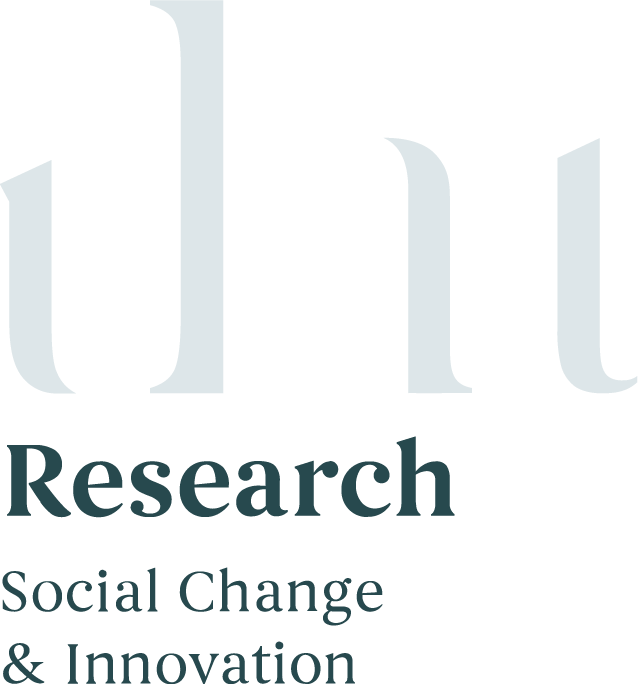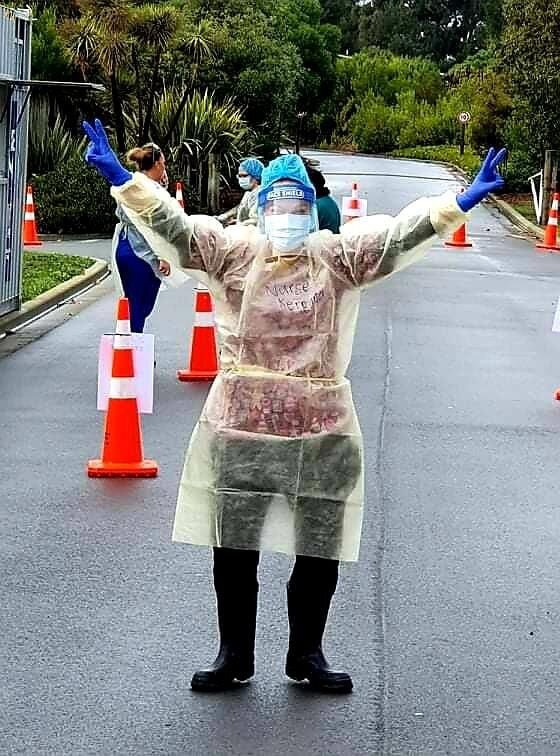Research into the COVID 19 Response Plan for Te Pūtahitanga o Te Waipounamu.
He Waka Tapu staff at testing station
Project Background
Despite the dire predictions for Māori rates of COVID-19 infection, Māori had remarkably low rates of COVID-19 infection, well below the national population and projected infection rates. This marks a significant milestone, persistent trends of disproportionate disadvantage in Māori health outcomes have been displaced by positive variance. The Māori COVID-19 response and outcomes tangibly demonstrate the strengths-based approach at scale and emphasise a progressive transition to an era of Māori exercising localised self-determination.
What we did
An essential part of the response plan was gathering and using evidence to support decision-making. An initial Manaaki Whānau Survey was established to gauge whānau need and design an appropriate response. The survey found many whānau were highly financially exposed. This data was used to distribute support, mobilise regional services, including an increase in Navigators, and steer the strategic direction of the Manaaki20 support.
A Whānau Satisfaction Survey was conducted by Ihi Research in June post-lockdown. The data indicated high levels of satisfaction with the Manaaki20 response and the way whānau were treated during the response period. The data indicated high levels of satisfaction (90%).
A second Future-Focussed Survey was conducted by Te Pūtahitanga o Te Waipounamu in late May and June. Data supported results from the Satisfaction Survey indicating whānau were appreciative of the support. Whānau continued to report concerns regarding employment security, future income, and whānau mental health and wellbeing.
Four case studies were conducted with two providers and two whānau entities which continued to offer support to whānau over the lockdown period.
Outcome
The strategic approach of Te Pūtahitanga o Te Waipounamu demonstrates how the community-system approach could interface with government agencies, DHB and philanthropic organisations. The strengths-based, culturally mediated messaging underpinning the communications platform, was permeated throughout the response plan. Partnering with Government, philanthropic organisations, and business, to create distribution channels for resources is a demonstration of the trust and recognition of the unique value of iwi and Māori partners.
Globally the COVID-19 pandemic has exposed economic and political inequalities, raising questions about to how to mitigate these inequalities to support the world’s most vulnerable. The evidence from this research demonstrates that while the Government COVID-19 response policy was predominantly without specific consideration of Māori, a uniquely Māori response contributed to the positive outcomes.
“All I really want you to know is you all made my life so much easier at a time that was lonely and stressful. I think about Manaaki all the time, about how easy and understanding and selfless you are and how heard, important and valued you made me feel when I felt lonely vulnerable and invisible. Thank you, thank you, thank you.”
-Whānau
Find out how we can help you
We’ll work with you to find out what’s working, where investment could be put to best use or how to improve anything not going to plan. We can help you define success and set tangible, measurable goals. And we talk in real language so you can understand and engage with the findings. We engage with the community to conduct community research and consultations for private companies, trusts, government agencies, NGOs and more. But we have a special interest in research that has a purpose - to better society and teach lessons. We aim to help those we work with build capacity to enact positive change.


